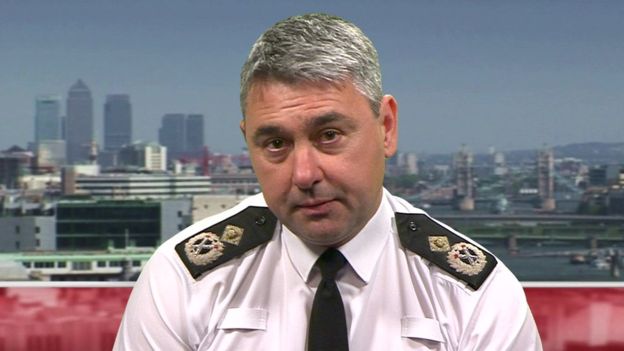Forensic test firm suspends lab services as 6,000 manipulated toxicology reports retested
Thousands of criminal investigations are being re-examined after suspicions that laboratory staff tampered with forensic tests.
Thousands of criminal investigations are being re-examined after suspicions that laboratory staff tampered with forensic tests. The National Police Chiefs Council (NPCC) says while the majority of cases affected are Road Traffic Act offences, other convictions including murder and rape cases where defendants were found guilty on evidence involving drug analysis could be overturned. In February, an internal investigation at Randox Testing Services (RTS) Manchester laboratory found 484 toxicology results had been compromised, and two of its scientists, aged 31 and 47, were arrested. Potentially, hundreds of people could have been the victims of miscarriages of justice because of convictions based on incorrect test results in their cases. At the time RTS said it was treating the matter with the “utmost seriousness” but totally rejected reports samples were “fixed”, blaming “the perverse actions of individual(s)”. Now the Crown Prosecution Service (CPS) and the Forensic Science Regulator have uncovered data which suggests more than 6,000 toxicology samples could have been manipulated. Northern Ireland-based RTS one of six companies licensed to carry out toxicology tests for various police forces in England and Wales said it is suspending some drug testing services voluntarily at its County Antrim laboratories to “effectively support the criminal investigation”. In a statement, it said: “RTS is advising clients that it has partially suspended laboratory accreditation at RTS Crumlin. This decision has been prompted by its investigation into data manipulation at RTS Manchester. “The company is suspending the use of liquid chromatography mass-spectrometry testing, a common accredited method used in drug toxicology testing in forensic laboratories. All RTS clients have been informed of this development. “RTS is committed to supporting the criminal justice system and believes that this voluntary partial suspension enables the most effective support of the criminal investigation.” The RTS statement continued: “As previously reported, RTS acted as whistle-blowers when employees uncovered evidence of data manipulation. It brought in Greater Manchester Police and has been working tirelessly with it and UKAS to resolve the issue. Two former employees are currently on bail. National lead for the forensic marketplace, Deputy Chief Constable James Vaughan, said: It is deeply worrying because the integrity of forensic testing is sacrosanct in the criminal justice system. “The vast majority of these cases involve drug-driving, but there are likely to be more serious cases affected, including murder and rape.” Mr Vaughan said it was unlikely a murder or rape conviction hung on vital toxicology tests, but he could not rule it out. So far, several hundred samples have been retested and have produced the same results as they did when first tested, Mr Vaughan said. He believes scores of cases could be referred to HIGHER COURTS, and those where key blood samples had been destroyed would almost certainly result in acquittals. This is a serious breach of the very rigorous professional standards set by the Forensic Science Regulator for staff and organisations working in this critical field. We now have a clearer picture of the scale of this data manipulation and have been able to set out a plan of action in partnership with RTS, the Forensic Science Regulator and the CPS. The numbers affected could change as our investigations progress. We are prioritising the most serious and pressing cases but all cases where there could have been an impact on prosecution will be assessed, retested and appropriate action taken. It is important that we nationally prioritise retesting of samples to ensure that resubmitted samples do not flood the market and impact on other important ongoing cases. Association of Police and Crime Commissioners chair, Dame Vera Baird QC stressed that public confidence in the integrity of forensic science is of paramount importance, citing in ex


